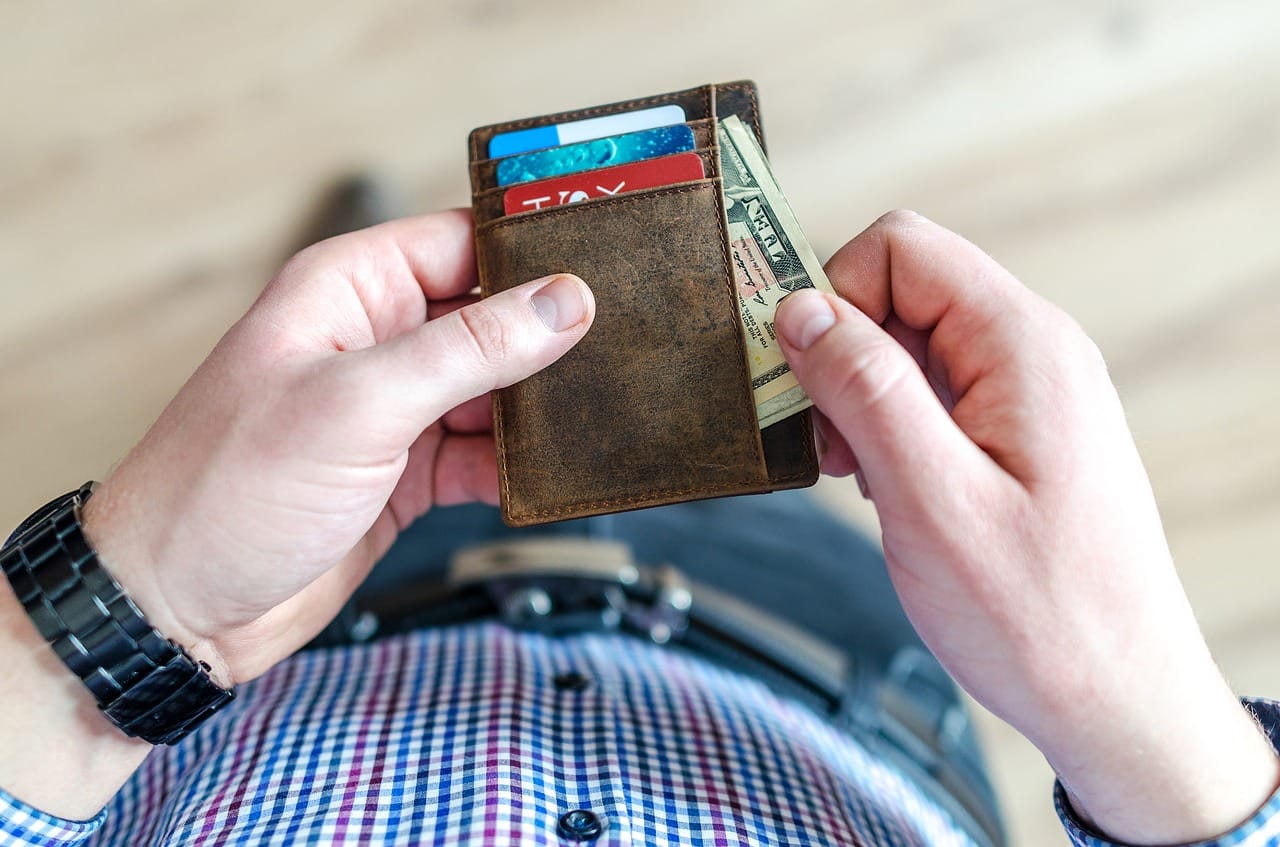
Will Filing for Chapter 7 Bankruptcy Ruin My Credit?
Receiving Chapter 7 bankruptcy protection in Ohio will require a few changes. Since you will be getting rid of the debt associated with your credit cards, you will no longer be able to use them. The good thing will be that about a month after you file, you will be able to get a new credit card that will allow you to build your credit going forward. While you may not get an amazing interest rate, the idea would be to only use the credit card when you have the money to pay the full balance. This will allow you to build your credit slowly over time and get a better credit score and interest rate.
If your home or car is behind, you will need to think about whether you want to keep that home or keep the car. If you can’t make the payment, the Chapter 7 will allow you to surrender the car or home. Fortunately, this will allow you to get rid of an item that is causing a financial hardship, and get a new car or home. This won’t happen overnight, but similar to the credit cards, you will get multiple letters in the mail offering you a new car loan.
Surrendering your car or home won’t help your credit score, but the nice thing about a chapter 7 is that you can start rebuilding your credit as soon as the case is completed. The whole process takes about 4 months, so you can start rebuilding your credit immediately.
Working with a Columbus-based Chapter 7 bankruptcy law firm to get a fresh start and begin rebuilding your finances will allow you to start over. You can get rid of high interest rate loans, cash advances, and medical bills. This will allow you to get rid of the things that are negatively impacting your credit score, while allowing you to start rebuilding your credit going forward.
Receiving Chapter 7 bankruptcy protection requires providing income verification. Because a Chapter 7 allows you to get rid of all unsecured debt, the court places income limitations. Currently in Ohio, the income limit for a household of one is $45,666.00. As a result of this, filing for Chapter 7 immediately ends collection actions, foreclosures, repossessions, and lawsuits by creditors.
The debts that remain after a Chapter 7 bankruptcy filing will consist of “non dischargable debts” like student loans and certain taxes as well as debts that you need and can afford. The Attorneys at the Calig Law Firm will show the court that you can only afford to pay the debts that you need, like a car, utilities, food, etc. This allows a client to discharge the debts associated with credit cards and medical bills, but keep a car or home loan.
The last thing to understand is that it will not be difficult to get new credit cards and loans after filing. Many lenders will work with people after they have gone through bankruptcy. You should remain cautious about borrowing and should pay close attention to interest rates and other terms, but you will not need to lead a cash-based lifestyle.
Bankruptcy attorneys at The Calig Law Firm can help people all across Ohio with Chapter 7 bankruptcy. To schedule a confidential consultation, call us at (614) 252-3200 or connect with us online by completing this contact form.





